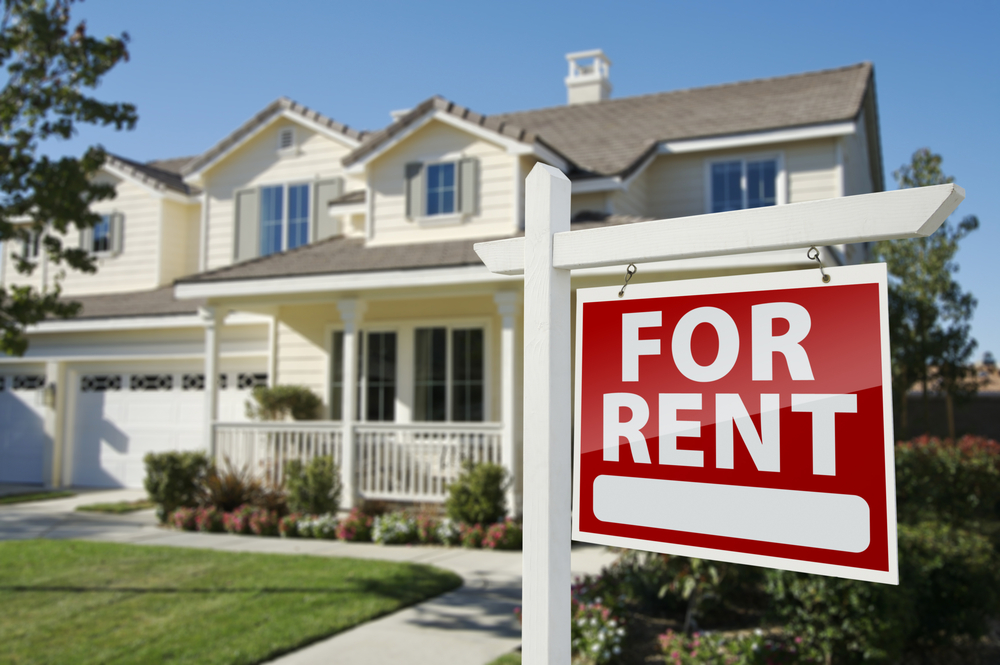
Key Factors for Landlords Leasing Short or Long-Term Rentals
There are several reasons why you might consider becoming a landlord. Perhaps you have existing space in your home that would make a great short-term vacation rental, or you aren’t ready to deal with selling your old house or property just yet.
Either way, there are some things you need to consider prior to making this type of commitment. Here are a few property management tips to consider before leasing a short or long-term rental.
Assess Market Projections
Before becoming a landlord, it is important to assess current market projections. Is the rental marketing in your area booming or is it totally oversaturated? How do the current rates for that type of unit or household compare to what it would cost you in monthly mortgage costs?
For those looking into short-term property rentals, it is important to take into consideration how popular the area actually is and what the neighborhood offers. In addition, research any applicable fees that websites offering these types of accommodations charge landlords.
The goal is to really know what you’re getting yourself into financially, where the market stands, and how those two things compare.
Determine the Cost of Any Repairs or Upgrades
As anyone who has ever owned real estate will tell you, houses are expensive. There’s a consistent need for repairs, upgrades, and unexpected surprises. Plus, you still have a mortgage payment to make and other basic costs.
Before becoming a short or long-term landlord, you’ll want to accurately evaluate the cost of getting your home, unit, or room up to basic standards. For upgrades, decide how luxurious you want to get to reach the appropriate expectation level of your desired price point.
Then decide if moving forward makes sense. If it is going to cost too much or you won’t turn a profit by starting this type of business, then it might not be such a good idea.
Determine How Much You Can or Will Earn
The overall concept of becoming a landlord is to make money from rental payments, right? That means it is important to determine how much you can or will earn by engaging in this type of enterprise.
However, don’t just look at it from a month-to-month angle. Be sure to project numbers well into the future to find things like your break even point, which is where you’ve fully recouped all costs including the mortgage and are solely taking a profit.
After you have a good idea of what to expect, go ahead and see where you might be able to make refinements. For example, devoting a bigger chunk of a monthly rental income payment to paying double payments on the mortgage could help you out in the long term.
Write a Sample Copy of Your Rental Policies and Lease
Next, make sure you have a sample copy of your rental policies and lease agreement. Have your trusted legal advisor or team look over the wording to ensure it meets all government regulation standards and generally makes sense.
- Short-Term Rental: Address common issues like parties, guests, pets, smoking, and how you will charge for any damages. Be as clear as possible and include a handbook that the renter can pick up on premises at the start of their stay.
- Long-Term Rental: Clarity is key here. Be firm about your expectations of the renter, such as who is supposed to pay for utilities, lawn maintenance, and any other associated costs. Have a clear pet policy, guest policy, and generally spell out any restrictions that you feel are appropriate.
Speak to Your Insurance Agent
What else should you know before becoming a landlord? You should know how renting out a property changes your insurance coverage. Generally, traditional rentals are considered a commercial property and require business insurance coverage. This means that contents inside the property are generally not covered as part of a loss, as the tenant’s renter’s insurance policy would take over.
For short-term or vacation rentals, how coverage is affected really comes down to your unique situation and current homeowner’s policy. But it is important to note that there are standard exclusions on homeowners policies as well as rental property policies which are not typically designed for short-term rentals, leaving the property holder/owner exposed to a denied claim on the property if there were something like a fire. There would also be no coverage if someone gets hurt at the property and sues. So, if you are thinking about leasing a short-term rental, speak to your insurance agent about amending or changing your policy.
Are you ready to learn more about what protection you will need to have set in place as a landlord? Please reach out to our team today to discuss various coverage options. By having peace of mind in knowing you’re protected, you can then focus on ways to delight your tenants and attract great property renters.

